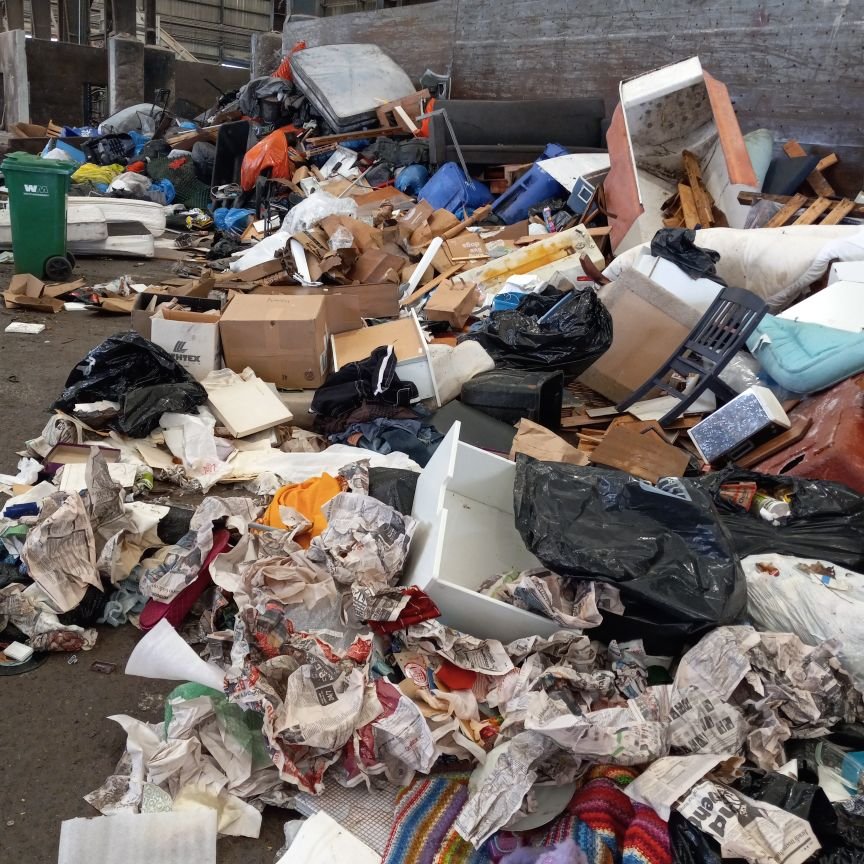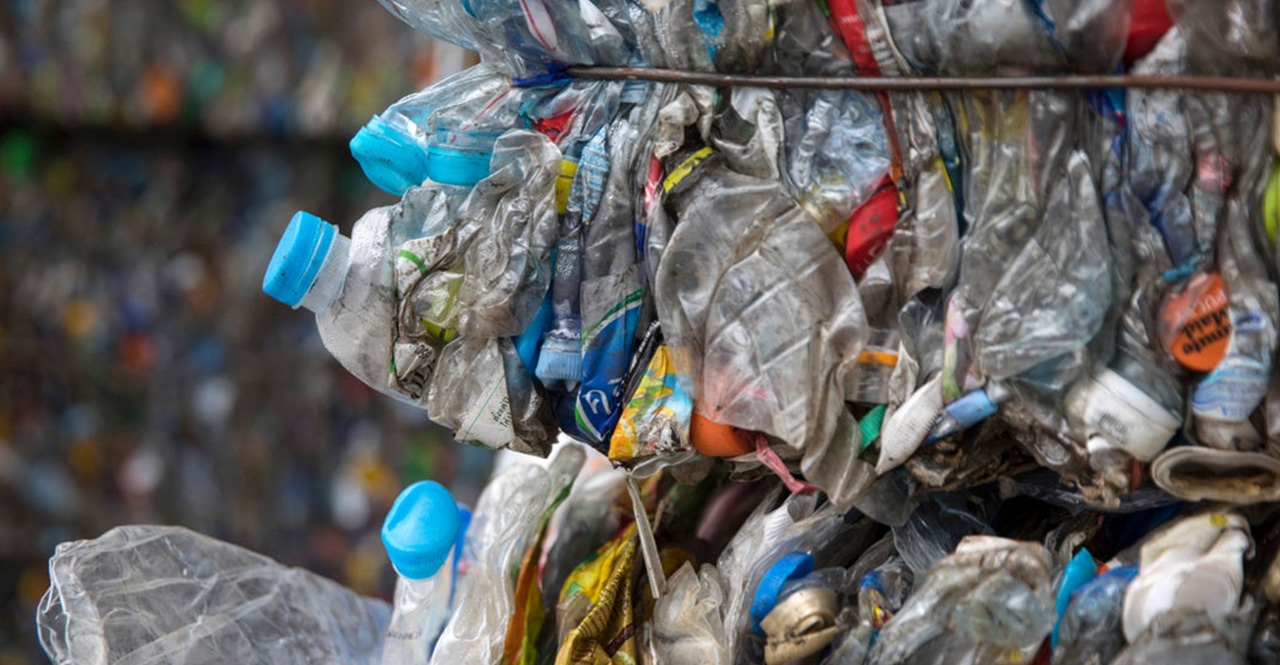Enhancing Environmental Sustainability With Strategic Liquid Waste Elimination Solutions
In the realm of ecological sustainability, the efficient management of fluid waste stands as a crucial prime focus in preserving our ecosystems and securing public health and wellness. The intricate internet of challenges bordering fluid waste disposal demands a tactical strategy that goes beyond standard methods. By exploring lasting services customized to specific contexts, markets can not just reduce ecological harm however additionally unlock long-term benefits for their operations. As we browse the complexities of liquid waste elimination in today's landscape, it comes to be progressively noticeable that a proactive stance is crucial. Let us start a journey to discover the transformative possibility of strategic liquid waste administration techniques in boosting environmental sustainability.
Value of Fluid Waste Monitoring

One of the vital reasons that liquid waste management is essential is its direct effect on public health. Untreated or improperly dealt with fluid waste can include harmful virus and chemicals that present major health threats to communities. Contaminated water sources can lead to waterborne illness, affecting both human health and wellness and environments. Correct monitoring of fluid waste helps stop these carcinogen and makes sure the health of the population.

Obstacles in Fluid Garbage Disposal
Provided the crucial value of appropriate fluid waste management in protecting public health and wellness and environmental well-being, it is crucial to attend to the countless challenges connected with liquid waste disposal methods. One significant difficulty is the absence of appropriate facilities for the collection, treatment, and disposal of liquid waste. Several regions, specifically in developing countries, deal with insufficient centers and sources to handle the raising volume of fluid waste created. This brings about incorrect disposal techniques such as disposing in water bodies or unauthorized garbage dumps, positioning significant health and wellness risks and ecological contamination.
One more obstacle is the existence of harmful substances in fluid waste, including chemicals, heavy steels, and virus. Proper identification and therapy of these unsafe parts require specific knowledge and equipment, which may not constantly be easily offered. Additionally, the price of implementing safe disposal practices can be expensive for some towns and sectors, bring about further and non-compliance environmental damage.
Lasting Fluid Waste Solutions
In the middle of the pressing demand for efficient pop over here fluid waste administration approaches, the essential of lasting options emerges as a paramount concern for environmental preservation and public health. Lasting fluid waste solutions incorporate a range of ingenious technologies and methods aimed at minimizing the ecological influence of waste disposal.
Additionally, sustainable liquid waste services prioritize the conservation of water resources with the execution of water recycling and reuse techniques. By repurposing and dealing with wastewater for non-potable applications like irrigation or commercial processes, these solutions add to water preservation initiatives and lower the strain on freshwater resources. Overall, the combination of sustainable liquid waste solutions not just supports environmental sustainability yet also promotes a much healthier and more resilient society for future generations.
Advantages of Strategic Elimination Practices
Purposefully carried out elimination practices play an essential role in optimizing liquid waste monitoring systems for environmental sustainability and public health security. By adopting strategic removal techniques, companies can considerably reduce the environmental influence of liquid waste disposal. Among the essential advantages is the minimization of hazardous contaminants entering water bodies, which aids in maintaining marine environments and protecting alcohol consumption water sources - Reclaim Waste liquid waste removal. Strategic elimination practices likewise add to reducing the find out here now threats of dirt contamination, which can have long-lasting results on agricultural productivity and biodiversity.
Furthermore, these practices promote source recuperation by enabling the extraction of valuable products from fluid waste streams. This not just reduces the reliance on virgin sources but likewise supports the circular economic climate concepts of reuse and recycling. In addition, calculated elimination techniques can improve operational effectiveness and cost-effectiveness by simplifying waste monitoring procedures and maximizing source allocation. Generally, the advantages of tactical removal techniques extend past environmental sustainability to encompass economic benefits and improved public health and wellness end results.
Applying Effective Ecological Approaches
Efficient implementation of ecological methods is critical in accomplishing sustainable fluid waste monitoring practices. To start with, business must perform extensive environmental evaluations to identify potential threats and effects connected with their fluid waste disposal procedures. By recognizing the environmental effects of their procedures, companies can establish targeted methods to decrease harm to ecosystems and public health.
In addition, applying efficient ecological techniques includes establishing clear objectives and objectives for liquid waste monitoring - Reclaim Waste. These goals ought to specify, measurable, obtainable, relevant, and time-bound (CLEVER) to guarantee liability and track development towards sustainability targets. Firms can additionally take advantage of modern technology and innovation to enhance fluid waste treatment procedures, decrease source usage, and enhance overall performance
Collaboration with regulative agencies, stakeholders, and environmental professionals is one more vital facet of successful approach application. By involving with outside companions, companies can gain valuable understandings, access sources, and make sure conformity with ecological legislations and laws. In general, a calculated and aggressive approach to environmental administration is crucial for minimizing ecological threats and promoting lasting sustainability in fluid waste elimination methods.
Final Thought
In verdict, critical liquid waste elimination remedies play a vital role in enhancing ecological sustainability. By addressing the obstacles in fluid waste disposal and carrying out lasting practices, we can reduce the unfavorable influence on the setting - Reclaim Waste liquid waste removal. It is essential to prioritize efficient ecological techniques to make certain the lasting health and wellness and health of our earth
By carrying out efficient waste administration methods, such as appropriate collection, treatment, and disposal methods, the risks you can check here linked with fluid waste can be considerably minimized.
Offered the vital value of proper liquid waste administration in guarding public health and wellness and ecological wellness, it is vital to deal with the numerous challenges connected with liquid waste disposal methods. Lasting liquid waste solutions incorporate an array of cutting-edge modern technologies and techniques intended at minimizing the environmental effect of waste disposal.Tactically executed elimination techniques play an essential function in optimizing liquid waste monitoring systems for ecological sustainability and public health and wellness security. Generally, a positive and critical approach to environmental monitoring is necessary for mitigating ecological risks and promoting long-lasting sustainability in liquid waste removal practices.